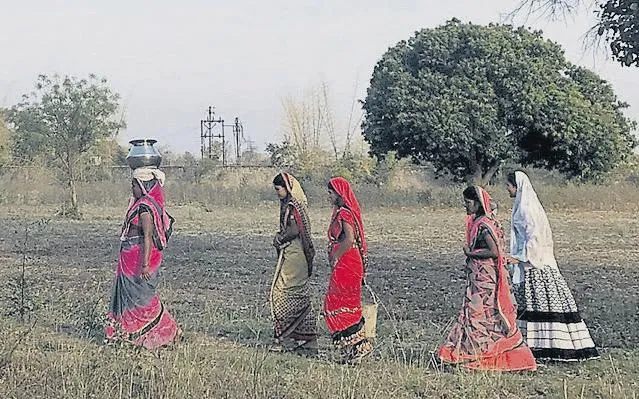A report issued in March on the top 50 countries in which it is most difficult to live as a Christian examined the various ways in which men and women experience different persecution.
Quoted by 84% of respondents, the two most-reported persecutions used against Christian women and girls globally are sexual violence and forced marriage.
Across every region of the world, sexual violence continues to be the most prevalent means of exerting power and control over Christian women, as well as being a form of punishment. Often sexual violence is outside marriage, but sometimes a woman is forced into an unwelcome marriage, at times even with the perpetrator himself. In such a case it is used intentionally to dishonour the Christian woman and, consequently, her family and community.





The Iran-Israel war and the church in Iran: A Christian reflection
It has been hard to write a short report on the situation in Iran, due to the ongoing developments. But …